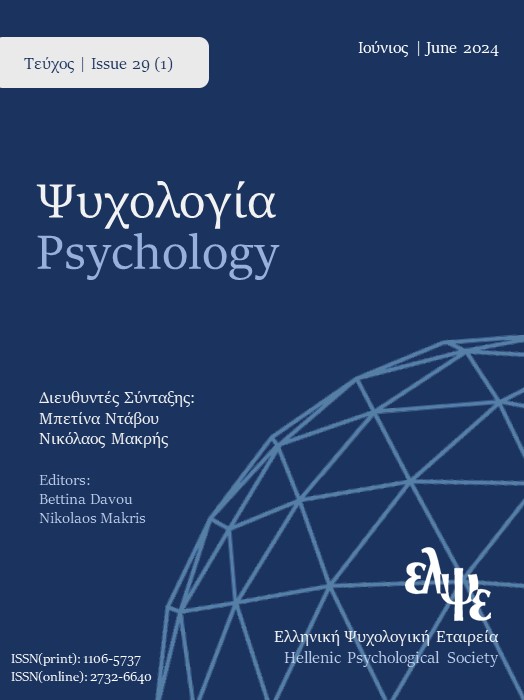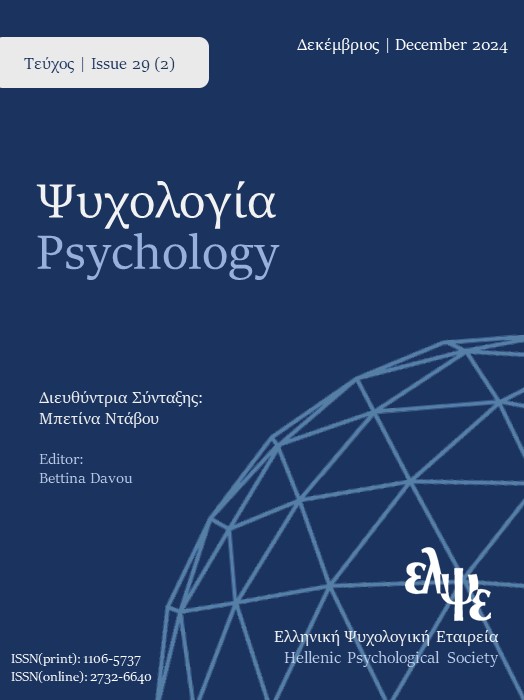Infertility: Experiences of Greek women undergoing in vitro fertilization

Abstract
This study aims to explore the experiences of Greek women in the IVF process at the premedication stage, i.e. before the ova harvest and the embryo transfer. The sample consists of eight women with a history of infertility, diagnosed for at least a year. The study was qualitative, and the data collection was carried out through a one-to-one, face-to-face semi-structured interview, while a phenomenological approach to describe the women’s experience was adopted. According to the results, these women seem to be going through various stages of emotional distress and feel that they receive inadequate support from their families and social backgrounds. They want the social fabric and the medical staff to have a holistic approach that will include the particular psychosocial dimension of the issue. It is suggested that future research efforts take into account the socio-cultural background of the infertility experience and explore in-depth the experiences of couples undergoing IVF procedures. Finally, it is recommended that the support procedures for these couples include a broad range of counseling for the family and the couple, with emphasis on strategies for coping with stressful situations and handling the social environment.
Article Details
- How to Cite
-
Brouskeli, V., & Andreou, E. (2024). Infertility: Experiences of Greek women undergoing in vitro fertilization. Psychology: The Journal of the Hellenic Psychological Society, 29(1), 177–193. https://doi.org/10.12681/psy_hps.36372
- Section
- RESEARCH PAPERS

This work is licensed under a Creative Commons Attribution-ShareAlike 4.0 International License.
The journal PSYCHOLOGY adopts a Platinum open-access policy. Submission, processing or publication costs are waived by the Hellenic Psychological Society. Papers published in the journal PSYCHOLOGY are licensed under a 'Creative Commons Attribution-ShareAlike 4.0 International' licence. The authors reserve the copyright of their work and grant the journal the right of its first publication. Third-party licensees are allowed to use the published paper immediately after publication as they wish, provided they retain the defined by the license copyright formalities, regarding the reference to its author(s) and its initial publication in the journal PSYCHOLOGY. Moreover, any adjusted work should be shared under the same reuse rights, so with the same CC license.



